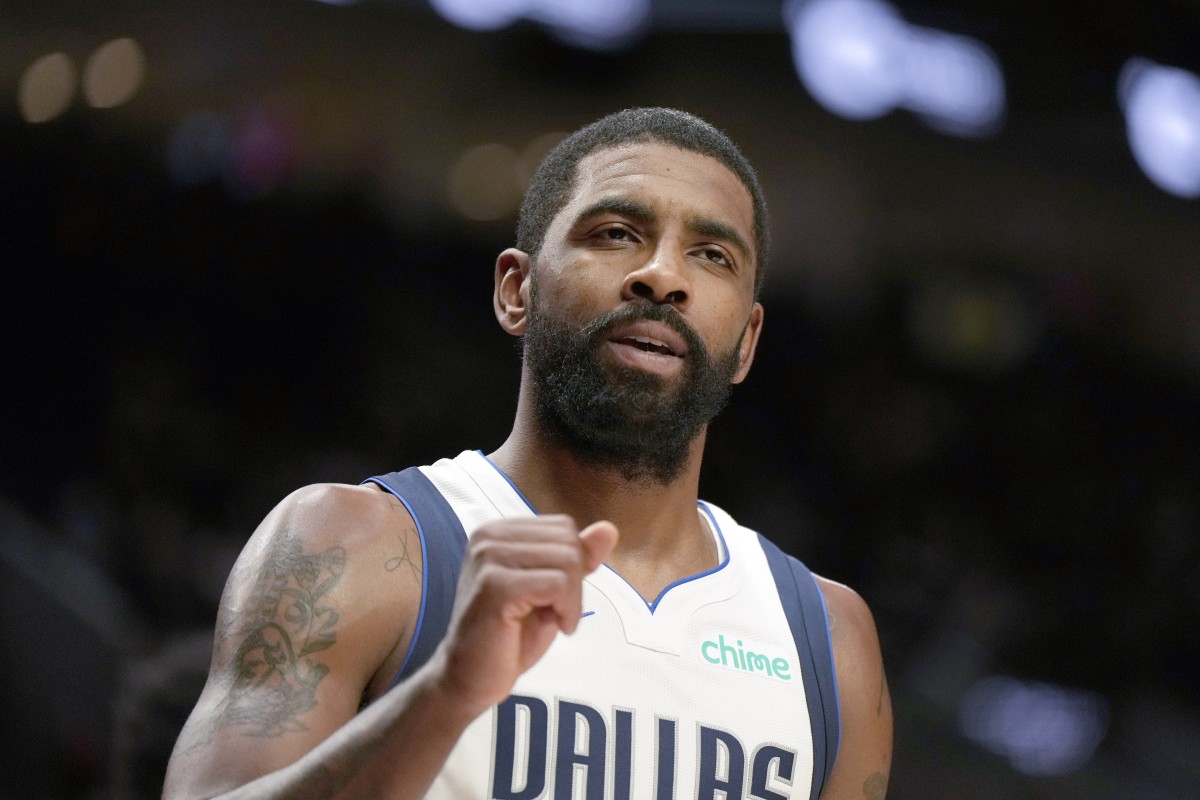Dallas Mavericks charge Kyrie Irving $70.6 million before le…..
The Dallas Mavericks’ decision to charge Kyrie Irving $70.6 million before his departure from the team represents a complex and unprecedented situation in professional sports. This substantial financial charge raises questions about contractual obligations, player management, and team finances.
Kyrie Irving, a highly talented and often polarizing figure in the NBA, joined the Mavericks in a high-profile trade from the Brooklyn Nets. His arrival was met with significant excitement and high expectations. However, Irving’s tenure in Dallas was marked by challenges both on and off the court, including questions about his commitment and fit within the team’s structure.
The $70.6 million charge represents a financial claim by the Mavericks against Irving, which is linked to the structure of his contract and the terms of his departure. Typically, such charges could be related to various factors including salary guarantees, bonuses, or penalties for early termination of a contract. For instance, this amount could involve prorated salary obligations or repercussions for not meeting contractual stipulations.
In professional sports, especially in high-stakes leagues like the NBA, financial disputes are not uncommon. Teams often structure contracts with complex terms that can lead to significant financial ramifications if either party fails to meet agreed-upon conditions. In Irving’s case, the charge could reflect adjustments based on performance metrics, contractual breaches, or other financial provisions stipulated in his agreement.
The context behind this charge also highlights broader issues within sports management. For teams like the Mavericks, managing high-profile players involves balancing their immense talent with the operational and financial stability of the organization. When such a significant financial claim is made, it often signals deeper issues regarding the player’s impact on the team and the contractual dynamics at play.
Ultimately, the $70.6 million charge against Kyrie Irving underscores the intricate and sometimes contentious nature of professional sports contracts. It illustrates how financial and operational factors intertwine with player performance and team strategy, influencing both immediate and long-term outcomes for all parties involved.



